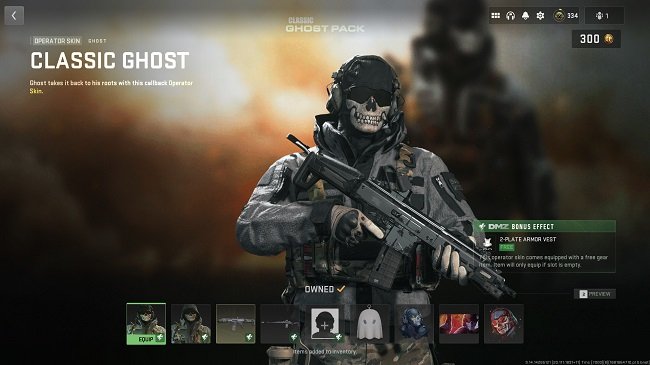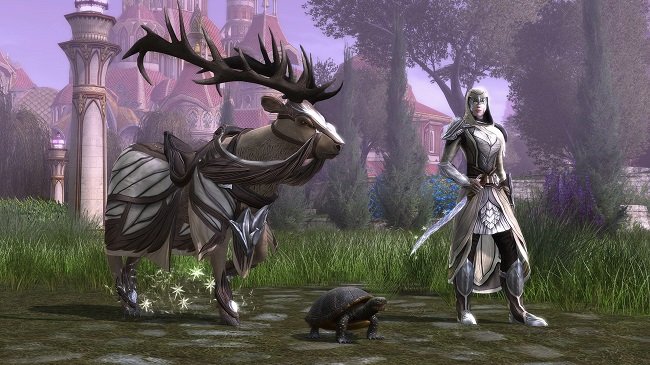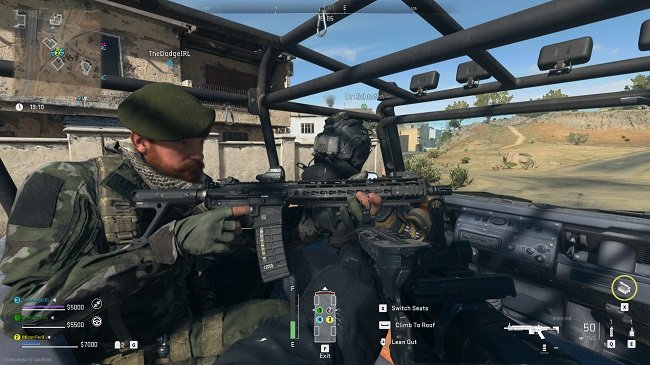DMZ and "Pay to Win"
For those who are not familiar with this latest niche piece of “gaming outrage”, it regards the extraction shooter Warzone 2.0 DMZ, which is part of the Call of Duty franchise. When you enter the game (either solo or in a squad), you use gear that you have previously collected. A key part of the game is looting and upgrading your weapon, bullet proof vest (there are 3 tiers) and sundry support items. If you die, then you lose all the equipment you are currently carrying. With this in mind, Activision have recently added two purchasable gear bundles to the game store. One comes with a medium size backpack by default. The other comes with a 2 plate vest (tier 2) and two weapons that only have a 15 minute cooldown. This does offer a degree of convenience. Furthermore, the second bundle is tied to the Ghost operator skin, who within the game’s canon is an iconic figure. Hence there has been a great deal of debate over the rectitude of these bundles.
Like many multiplayer games, there is a broad spectrum of player skill in DMZ. If you are at one end, then these so-called “pay to win” bundles are not required. Skilled players will maintain multiple operator slots (you can have up to 5) with appropriate gear for a variety of tasks. If you’re at the other end or approaching the middle of the skill spectrum, then the 2 plate vest, 15 minute cooldown weapons and medium bag cosmetic skins offer a practical benefit. And that benefit is one of convenience. A player doesn’t start the game immediately feeling vulnerable and having to search for better gear. However, I seriously doubt that the benefits offered matter little to top tier players. In my experience high end players and those of lesser skill seldom cross paths. When I play DMZ I find myself grouped with players of commensurate skill to my own. IE Distinctly average.
Ultimately, I find that the arguments against these “pay to win” bundles are mainly ideological. Objections are usually made by players that consider the game to be primarily about skill, leaderboards, hierarchies and perceived status. The sort of gamers that see DMZ as competitive and treat it like a sport, with the assumption of associated rules and player etiquette. Although players who think this way are entitled to their opinion, they need to realise that not all the playerbase feel the same way. Many, myself included, consider online gaming a recreational service. I play for entertainment and fun. I also pay money for this service and therefore expect a degree of “quid pro quo”. That’s not to say I want frictionless gaming, but I don’t expect my fun to metaphorically be sacrificed on the altar of more skillful players’ philosophy.
I therefore fully expect Activision to continue to monetise the game in this fashion and to take it as far as they can before there is a genuine mutiny. In a perfect world there would be no “pay to win” and players would be far more appropriately segregated to ensure that they were provided with a more equitable gaming experience. But we live in an imperfect world, and developers always prefer the path of least resistance as opposed to doing something labour intensive. So it is pointless to expect anything so egalitarian as a removal of “pay to win” items.
Finally, it never ceases to amaze me how so many gamers temporarily suspend their default consumerism and libertarian outlook and expect a meritocratic and altruistic approach from the video game industry. An industry that in many ways is the embodiment of the worst excesses of modern capitalism. They will complain about fairness, morality and ethics in the video games they play righteous indignation. Something they fail to do in other aspects of their real lives on a daily basis. Say no to “pay to win” in Warzone 2.0 DMZ but fuck universal healthcare because that’s “socialism”. Such is the cognitive dissonance of Gamers (™).










